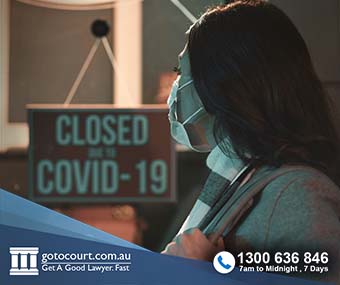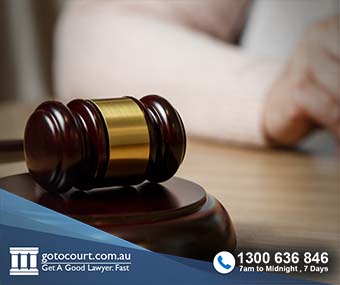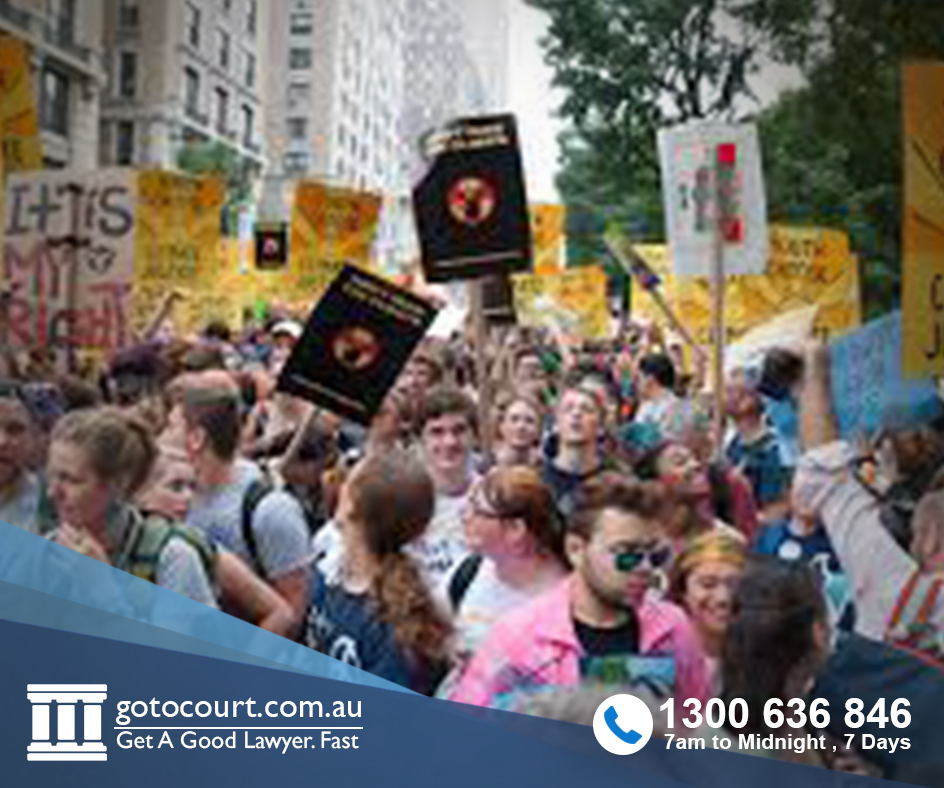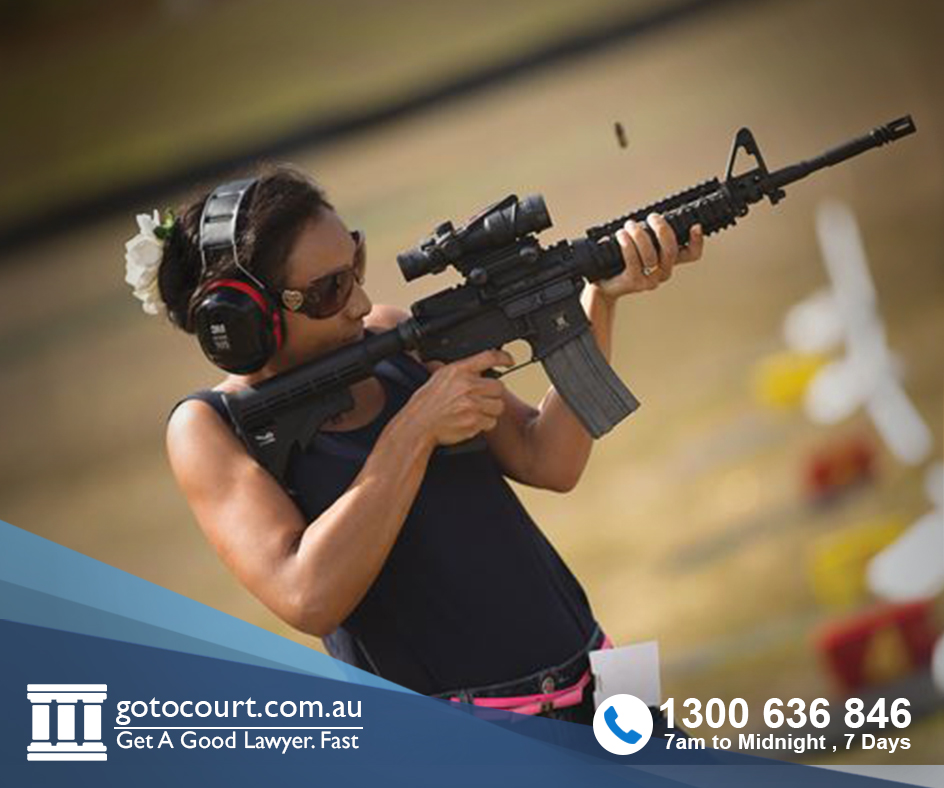Call our lawyers
now
or,
have our lawyers
call you
Court Orders Woman May Use Deceased Partner’s Sperm
Updated on Jun 24, 2018 • 4 min read • 279 views • Copy Link
Court Orders Woman May Use Deceased Partner’s Sperm
On 26 June 2018, the Supreme Court of Queensland handed down a decision ordering that Ayla Cresswell could use the sperm of her deceased partner to conceive a child via Assisted Reproductive Therapy (ART). It was a historic decision as no such order had previously been made by an Australian court. The decision has broad implications for the future of family law and has the potential to impact other areas of law such as succession. Responses to the decision have been mixed, with some voices in the legal community questioning its legal and moral implications.
What were the circumstances of the case?
Ayla Cresswell and Joshua Davies had been in a committed relationship for several years and had planned to get married and have children. Mr Davies, who had been treated for depression, committed suicide without warning and with no obvious trigger. On the day of his death, Ms Cresswell made an urgent application to have his sperm removed. She subsequently applied for orders that she could possess the sperm and to use it to conceive a child through assisted reproduction treatment such as in vitro fertilisation (IVF). Her parents, his parents and their mutual friends all supported her application.
The court considered the following issues and made the following findings.
Was the sperm extracted lawfully?
The court found that the sperm had been removed from Mr Davies body by the clinic Women’s Health Only for medical purposes. On all the evidence before the court, Davies would not have opposed its removal. The court found that although the consent of the Coroner had not been given, there had been no significant breach of the provisions of the Transplantation and Anatomy Act.
Is sperm property and capable of being possessed?
The court found that where a body part or product has been detached from the body and treated in a way that distinguishes it from a mere corpse, the body part constitutes property. It found that such a body part is possessed by the person who extracts or detaches it from the body or the person for whom they are acting as an agent. In this case the sperm was found to have been possessed by Ms Cresswell, via her agents at Women’s Health Only.
Best interests of the child
In considering whether Ms Cresswell should be allowed to possess and use the sperm, the court considered the relationship between the parties, the views of their family members, the best interest of any child conceived using the sperm and the evidence that Mr Davies had wanted to have children with Ms Cresswell.
Mr Davies, on all the evidence, was in a committed relationship with Ms Cresswell, planned to marry her and wanted to have children with her. Ms Cresswell had undergone counselling to deal with her grief after her partner’s death and had thought about how she would support a child emotionally and financially. The court was satisfied that any child conceived with Mr Davies’ sperm would be loved and supported by Ms Cresswell and by the extended family. The court considered that there was no reason to conclude that the conception of a child under these circumstances was contrary to community standards such that this would impact the child.
The Supreme Court decision
The court was satisfied that Ms Cresswell’s decision was rational and not motivated by grief and that she had realistically assessed the changes in her circumstances from those that existed when she and her partner had planned to have a child together. The court made orders for the sperm to be transferred to the clinic Women’s Health Only for implantation into Ms Cresswell.
Responses to the decision
Lawyers have expressed concern at the decision, which is the first court decision in Australia to treat sperm as the property of a person other than the person who produced it. Questions have been raised as to whether Mr Davies’ act of committing suicide was not effectively a choice not to procreate.
The case raises questions as to whether the eggs of a deceased woman could similarly be extracted and permitted to be fertilised and used by a surrogate. Broader questions as to the meaning of informed consent and bodily autonomy are also being asked in relation to the ruling. The possibility of an appeal and what would occur if the decision were reversed after a child had already been conceived, have also been canvassed.
In other states, case law has established the lawfulness of the removal of sperm only where the deceased gave express consent prior to his death.

Affordable Lawyers
Our Go To Court Lawyers will assist you in all areas of law. We specialise in providing legal advice urgently – at the time when you need it most. If you need a lawyer right now, today, we can help you – no matter where you are in Australia.How It Works











1. You speak directly to a lawyer
When you call the Go To Court Legal Hotline, you will be connected directly to a lawyer, every time.


2. Get your legal situation assessed
We determine the best way forward in your legal matter, free of charge. If you want to go ahead and book a face-to-face appointment, we will connect you with a specialist in your local area.


3. We arrange everything as needed
If you want to go ahead and book a fact-to-face appointment, we will connect you with a specialist in your local area no matter where you are and even at very short notice.












